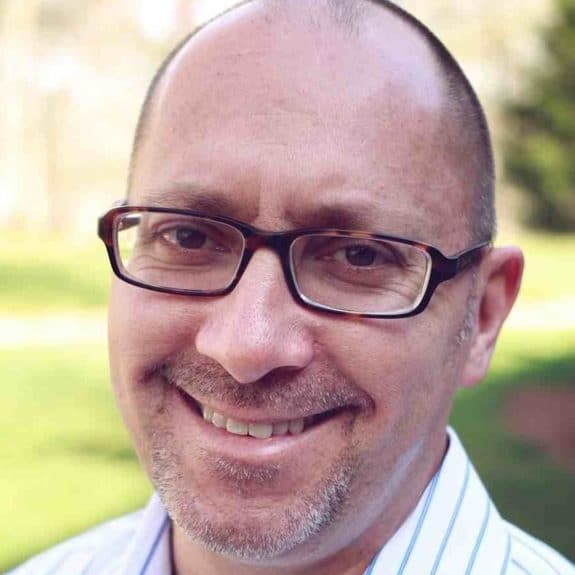If a church wants to do cross-cultural missions without passports, good news: The world has come to Texas. And it keeps on coming.
Two examples are Texas’ largest metropolitan areas, Dallas-Fort Worth and Houston (respectively, the nation’s third- and sixth-largest metros). Together, they comprise nearly 13 million people.
As of August 2010, Houston was home to more than 315 people groups from 140-plus nations with 220 different languages among them, according to the Union Baptist Association in Houston.
Dallas-Fort Worth is similar. It is the second-largest recipient of international refugees in North America. More than one-third of homes speak a primary language other than English, with more than 250 people groups represented and several hundred languages spoken, according to data from the DFW Diaspora Alliance, a group of evangelical missions organizations.
If to a lesser degree, smaller cities and towns are changing as well. Visitors to Port Arthur will find a Buddhist temple. In Hewitt, near Waco, a mosque draws Islamic worshipers.
And as Texas changes, the missionary-minded are working hard at tracking who is coming and where they are settling. It’s a huge task, but once mapping of people groups is done, mobilizing churches to engage and evangelize them is step two, followed by, if success is found, multiplication of new believers and the planting of new Southern Baptist churches.
In Great Commission terms, the SBTC missions team views it as engaging its Judea, with North America as its Samaria, and abroad as the uttermost parts.
Of the newcomers to Texas, many are Hindu, Muslim or Buddhist. And 86 percent of adherents to these religions don’t have a Christian friend, said Chad Vandiver, SBTC mission strategies associate and coordinator of the convention’s Texas Missions Initiative (TXMI).
Through events called “SENT Labs” and other trainings, Vandiver hopes to equip garden-variety Texas Southern Baptists to be able to enter a mosque, for example, developing a rapport with Muslims in their own cities as a springboard for witnessing.
Whatever the people group, developing trust and real friendship is crucial, Vandiver said.
“The foremost obstacle to reaching internationals with the gospel is our own lack of consistency in building relationships with those who have a different belief system than we do,” Vandiver said. “We as Christians do not spend enough time engaging the nations living among us. Time is something we hold captive rather than using it as a tool to share the Good News.”
Engaging and evangelizing should also be done simultaneously, Vandiver emphasized. Most internationals are much more open about spiritual conversations than secular Americans, Vandiver added.
“It is only natural to begin sharing your faith with a new friend who is Muslim, Hindu or Buddhist. They talk about their faith openly and expect those who believe in God to do the same.”
TRADITIONAL TEXANS
Of course, reaching the Jerusalems and Judeas of Texas also entails engaging the millions in Texas who, though perhaps Western and traditional in culture and not new to North America, have yet to hear the gospel clearly or to respond to it in faith.
Estimates say about 50 percent of Texas residents live in some sort of multi-housing—including apartments, mobile home parks, and duplexes—and of those, 96 percent are considered unreached, Vandiver noted.
And in cities along the Mexican border such as Laredo, cultural Catholicism sometimes mixed with pagan beliefs add even more challenge for church planters and missionaries working in those areas.
Add to that ministry to the deaf—a separate people group—which is another focus of the Texas Missions Initiative.
“The goal of the Texas Missions Initiative, simply, is to present the gospel to every person in Texas in a manner in which they can understand and respond to,” Vandiver said. “This is done by identifying unreached and under-evangelized ethnolinguistic people groups, population segments, affinity groups, etc., throughout Texas.”
Then, with a network of churches committed and mobilized to evangelizing these groups, the making of disciples will lead to the starting of new congregations, he explained.
Vandiver said a church group or person interested in engaging in missions within the state should attend an upcoming SENT Lab, where they will learn about the varied mission opportunities statewide and the people groups who need engagement with the gospel.
To learn more about the Texas Missions Initiative, visit sentcollective.org or email Vandiver at cvandiver@sbtexas.com. To register for the next SENT Lab, visit sbtexas.com/sentlab/.







